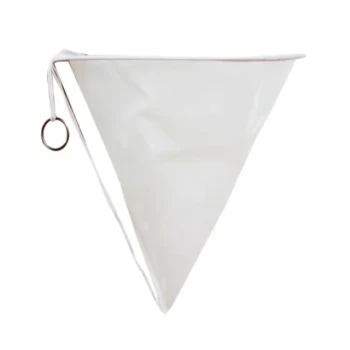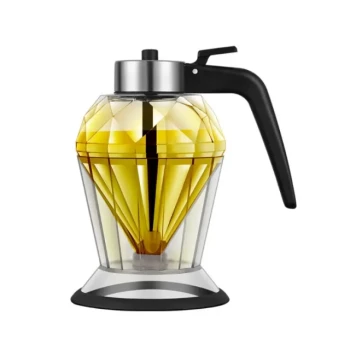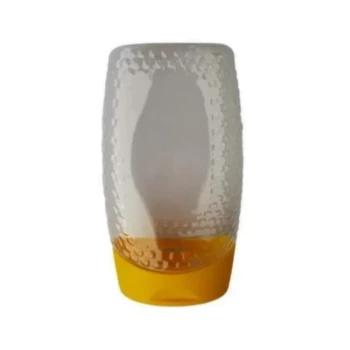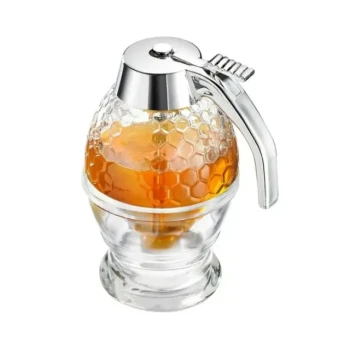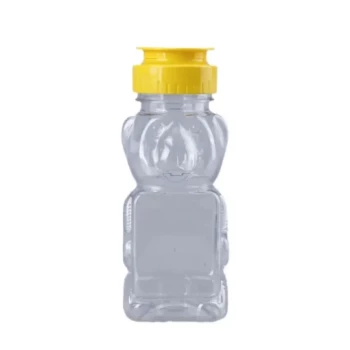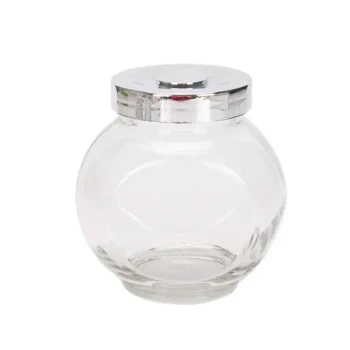In short, knowing your local beekeeper is about one thing: trust. In a global market where honey is frequently mislabeled, diluted, or ultra-filtered to hide its origin, your local beekeeper is your single best guarantee of authenticity. Building this relationship allows you to verify the honey's purity, understand its unique qualities, and connect directly with the source of your food.
The commercial honey industry is plagued by "honey laundering," where products are stripped of their natural properties or mixed with cheaper syrups. Forging a relationship with a local beekeeper is the most effective way to bypass this opaque system and ensure you are purchasing a pure, unadulterated product.

Verifying Authenticity in a Confusing Market
The labels on grocery store honey—"pure," "natural," "Grade A"—can be misleading. Understanding the challenges within the commercial honey supply chain reveals why a direct source is so valuable.
The Problem of Adulteration and Ultra-Filtering
Much of the honey sold in mass-market retail is a blended product from multiple, often international, sources. To create a uniform product, this honey is frequently ultra-filtered.
This high-pressure filtering process strips honey of its pollen. While this prevents crystallization and creates a visually clear liquid, it also removes the very element that proves the honey's floral source and geographical origin.
Worse, this process can be used to disguise adulterated honey that has been "cut" with cheaper sweeteners like corn, rice, or beet syrup. Without pollen, the honey's true identity is untraceable.
Your Beekeeper is the Source of Truth
A local beekeeper provides complete transparency. They can tell you precisely where their hives are located, what plants the bees were foraging on (e.g., clover, orange blossoms, wildflowers), and when the honey was harvested.
This direct line of information is your best defense against the uncertainty of the commercial market. You are no longer buying a mystery blend; you are buying a product with a story and a verifiable origin.
Understanding What "Raw" and "Pure" Really Mean
The terms used to describe honey have specific meanings that are often lost on a supermarket shelf. A conversation with a beekeeper can clarify what you are actually buying.
"Pure" Guarantees Nothing Was Added
Pure honey simply means that no other substances, like corn syrup or water, have been added. However, it does not tell you if the honey has been heated or filtered.
"Raw" Preserves Natural Qualities
Raw honey has not been pasteurized (heated to high temperatures). Pasteurization extends shelf life and keeps honey liquid longer, but it can also destroy beneficial enzymes and antioxidants and degrade the honey's delicate aromatic compounds.
Most small-scale beekeepers do not pasteurize their honey, meaning you get a product that is as close as possible to how it existed in the hive.
The Myth of Crystallization
Many consumers incorrectly assume that crystallized honey has gone bad. In reality, crystallization is a natural process for raw, unfiltered honey and is a sign of high quality.
The glucose in honey naturally separates from the water content and forms crystals. A beekeeper can assure you that this is normal and that the honey can be gently re-liquefied by placing the jar in warm water.
The Benefits Beyond the Jar
Building a relationship with your beekeeper offers value that extends far beyond the product itself.
Supporting Local Pollinators
Buying local honey supports the beekeepers who manage vital pollinator populations in your area. Healthy honeybees are critical for local agriculture and ecosystems, pollinating the flowers, fruits, and vegetables that grow in your community.
Experiencing Honey's "Terroir"
Like wine, honey has terroir—its flavor, color, and aroma are directly influenced by the soil, climate, and specific flora of a location. A beekeeper can offer you different varietals that showcase this.
Wildflower honey from the spring will taste completely different from goldenrod honey harvested in the fall. This provides a culinary experience that blended commercial honey can never match.
Understanding the Trade-offs
Moving from commercial to local honey requires a slight shift in expectations.
Expect Higher Prices
Local, raw honey is a craft product. It is more labor-intensive to produce and is not created at an industrial scale. The price reflects the true cost of ethical beekeeping and superior quality.
Variability is a Feature, Not a Flaw
Unlike the uniform color and taste of blended commercial honey, local honey will vary from batch to batch. This inconsistency is a positive sign, reflecting the changing seasons and available nectar sources.
Ask Questions to Vet Your Source
Not all beekeepers follow the same practices. A reputable beekeeper will be passionate and transparent. Ask them questions like: "Where are your hives?" "What do the bees forage on?" and "Do you ever have to treat your bees for mites?" Their willingness to answer is a good sign.
Making the Right Choice for Your Goal
When you connect with your local beekeeper, you can choose a product that aligns perfectly with your priorities.
- If your primary focus is Purity and Health Benefits: Ask for raw, unfiltered honey to ensure no adulteration and to get the maximum amount of natural enzymes and pollen.
- If your primary focus is Flavor Exploration: Ask the beekeeper for different seasonal varietals and learn how the taste profile changes based on the floral source.
- If your primary focus is Supporting Local Ecology: Know that any honey you purchase from a local beekeeper directly contributes to maintaining the health of vital pollinators in your community.
By getting to know your beekeeper, you are doing more than just buying honey; you are investing in quality, transparency, and the health of your local food system.
Summary Table:
| Benefit | What It Means for You |
|---|---|
| Guaranteed Purity | Direct source eliminates risk of adulteration with cheap syrups. |
| Verifiable Origin | Know the exact floral source and harvest location of your honey. |
| Raw & Unfiltered | Preserves natural enzymes, pollen, and health benefits lost in processing. |
| Supports Local Ecology | Your purchase helps sustain vital pollinator populations in your area. |
| Unique Flavor Profiles | Experience seasonal varietals and true 'terroir' that blended honey lacks. |
HONESTBEE supplies beekeeping supplies and equipment to commercial apiaries and beekeeping equipment distributors. We empower the local beekeepers you trust with the highest-quality tools to maintain healthy hives and produce superior honey. If you are a commercial beekeeper or distributor committed to purity and sustainability, partner with us for reliable, wholesale-focused equipment. Contact HONESTBEE today to discuss your apiary's needs.
Visual Guide
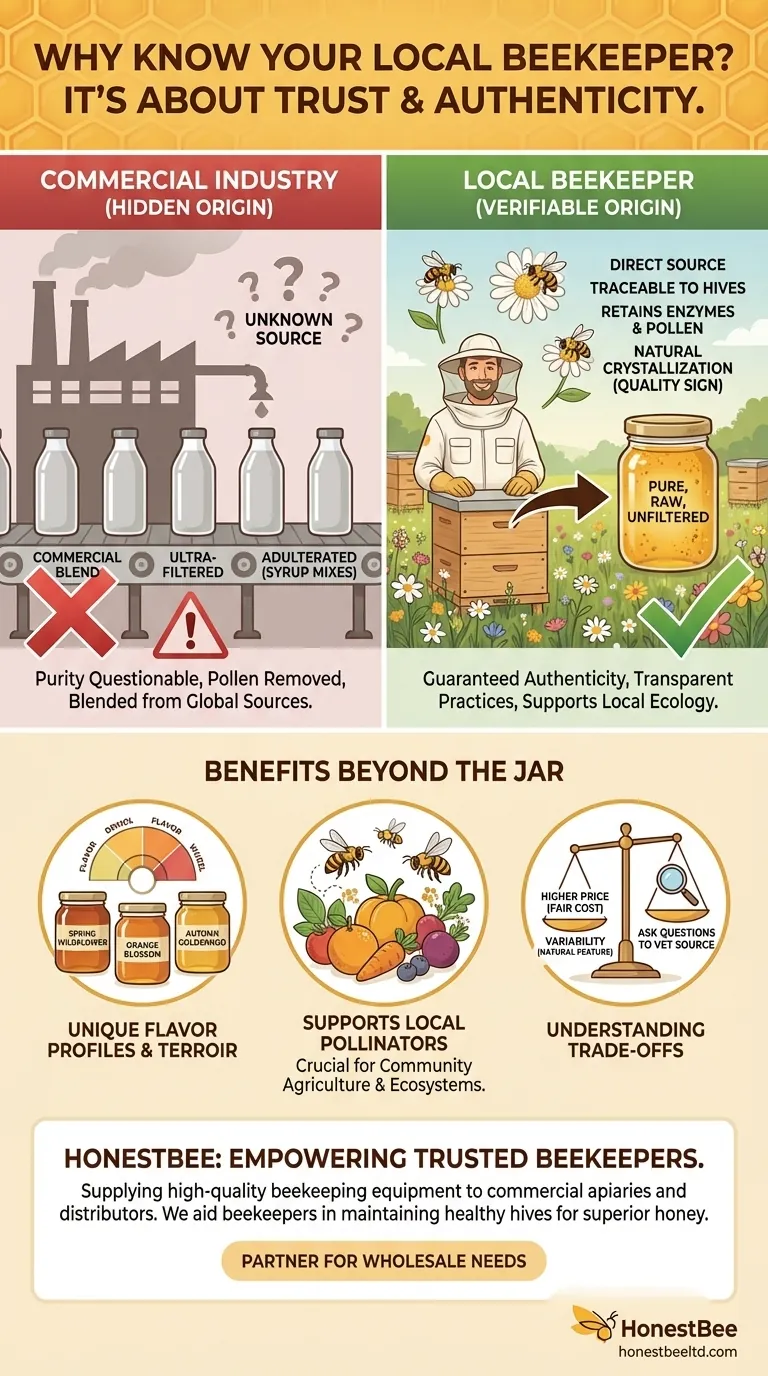
Related Products
- Economy Honey Homogenizer Mixer and Melting Machine for Beekeeping
- Stainless Steel Honey Press Wax Press with Tank
- Plastic Hand Crank 2 Frame Honey Extractor Low Price
- Stainless Steel Manual Honey Press with Guard for Pressing Honey and Wax
- 10L Stainless Steel Electric Honey Press Machine
People Also Ask
- What is the role of a honey super in the honey harvesting workflow? Master the Art of Pure & Efficient Honey Production
- How does industrial-grade honey processing equipment manage honey state? Precision Systems for Quality Preservation
- What is the technical advantage of using specialized mixing equipment for bee bread? Preserve Texture and Quality
- How does the use of high-precision mixing equipment impact the quality of reinforced honey? Optimize Your Propolis Mix
- Why are specialized mixers required for blending bee bread with honey? Preserve Quality and Texture






